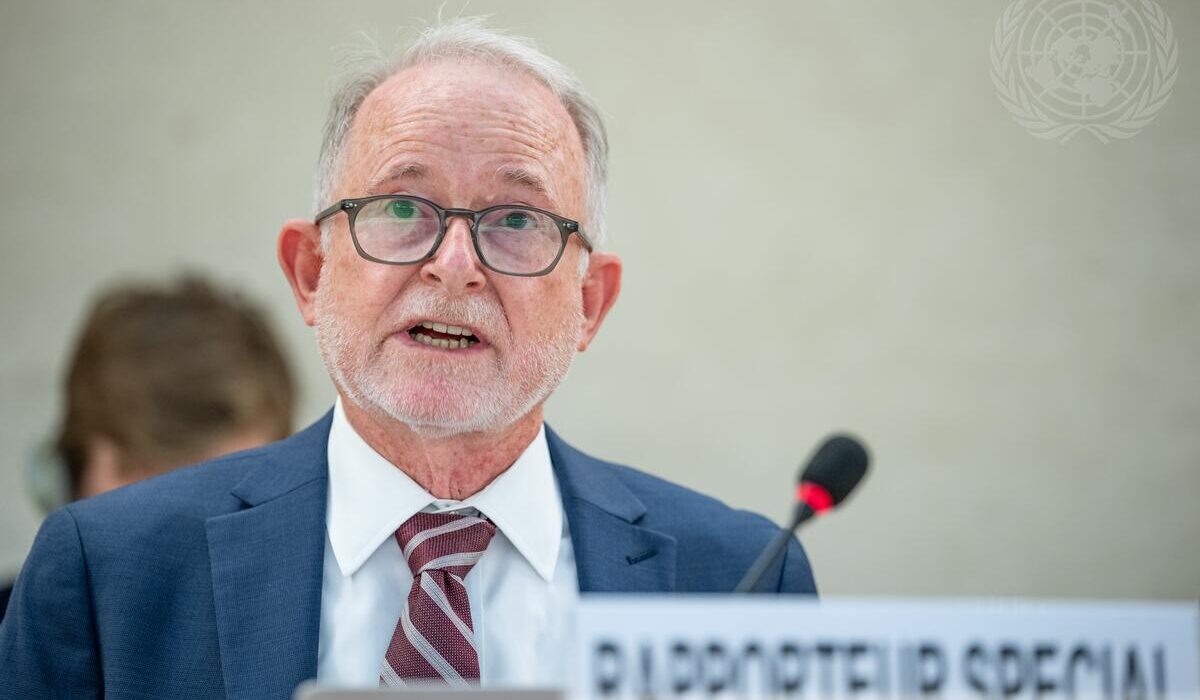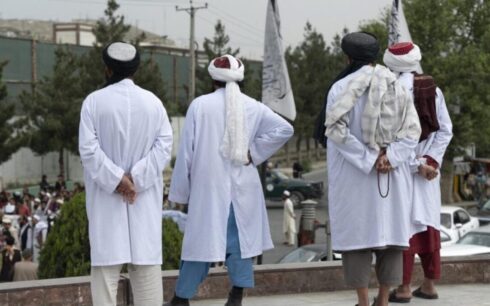Richard Bennett, the United Nations Special Rapporteur for Afghanistan, on Friday called on the Taliban to immediately end public executions and corporal punishment, condemning them as clear violations of international law.
In a statement posted Friday on X, Bennett expressed deep concern over four public executions carried out earlier in the day in the provinces of Badghis, Farah, and Nimroz. The executions, reportedly carried out in public under orders from the Taliban’s supreme leader, were conducted as retributive justice, or qisas, for murder.
“I deplore four public executions carried out today in Badghis (2), Farah, and Nimroz provinces,” Bennett wrote. “These executions, as well as corporal punishments carried out by the Taliban in public, are clear violations of international law and must stop immediately.”
The Taliban’s Supreme Court confirmed the executions in a statement, saying that two people were executed in Badghis, one in Farah, and another in Nimroz. The court said the sentences had been issued in accordance with directives from the group’s leader, Hibatullah Akhundzada.
The executions come amid growing international concern over the Taliban’s reimplementation of harsh punishments since returning to power in August 2021. Human rights groups have criticized the lack of due process in the group’s judicial system, citing the absence of legal counsel for defendants and opaque legal proceedings.
Religious scholars inside Afghanistan have also voiced concern, saying that the implementation of punishments such as hudud, qisas, and ta’zir require a legitimate judicial system and clearly defined legal frameworks—conditions they argue are not met under Taliban rule.
Rights advocates have called on the international community to hold the Taliban accountable for what they describe as a broader rollback of basic rights and legal protections under the group’s de facto governance.




